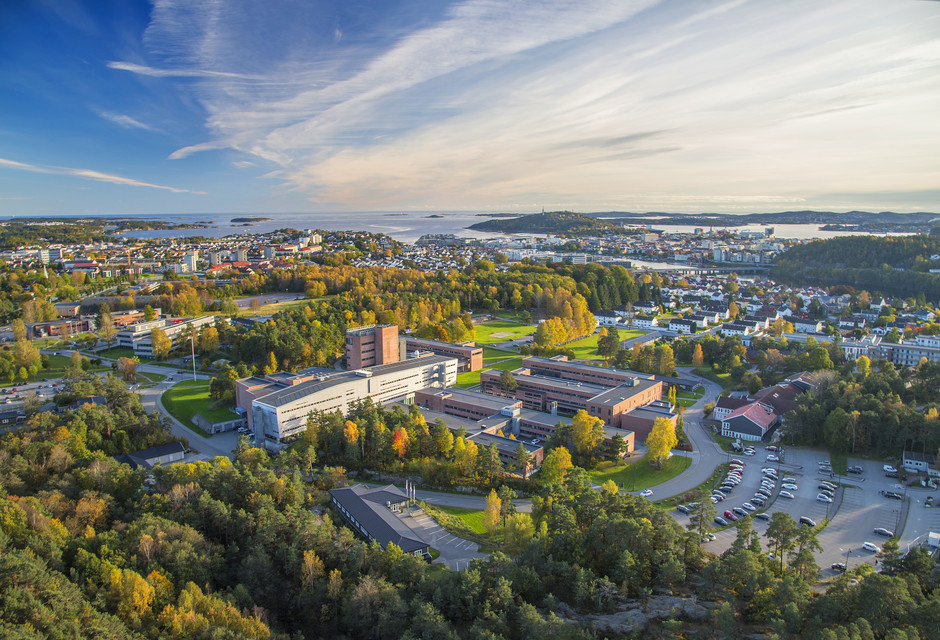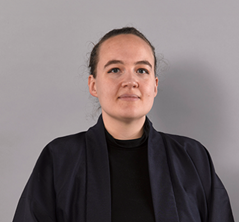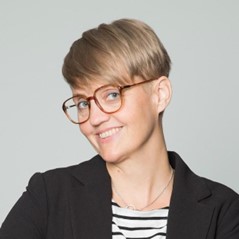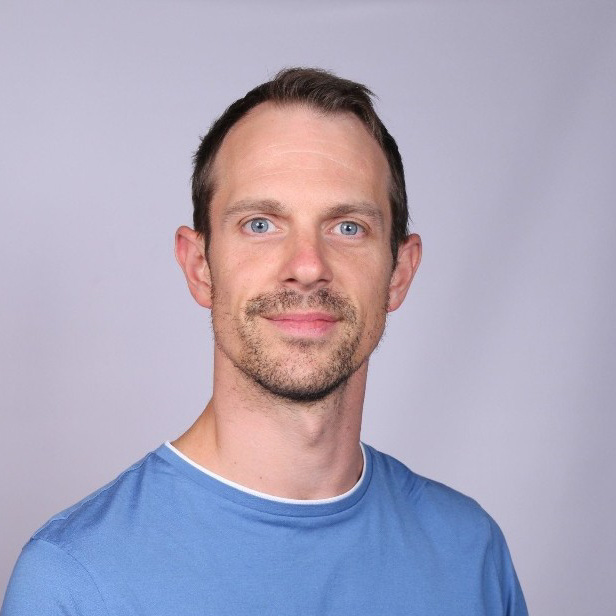


The increasing availability and popularity of various digital games across all age groups make games and gaming an engaging and accessible medium for conveying complex concepts. By their nature, games teach players valuable skills, such as strategic thinking, problem-solving, and teamwork, which are transferable to real-world scenarios. The use of games in education is not a novel concept, but with the desire to increase the use of games for educational purposes, the need for stakeholder support and more research on the effect of game-based teaching becomes more pressing. Games can provide a dynamic and interactive learning environment, fostering motivation and engagement, which traditional teaching methods may lack. However, educators may be hesitant to employ game-based pedagogy for various reasons. First, games are primarily expected to provide entertainment, and their educational value may be overlooked. Second, integrating games into the curriculum requires an investment of time and resources, which may not be readily available. Third, there is a lack of training and support for educators to effectively use games in their teaching. Additionally, assessing learning outcomes of game-based learning can be challenging, as traditional assessment methods may not be applicable.
This conference aims to explore the potential of game-based teaching and learning at all levels of education, both with the use of traditional commercial games and with targeted learning games. Additionally, the potential of games to cater to diverse learning styles, promote digital literacy, and provide a platform for experiential learning will be highlighted. The aim is to foster a dialogue on best practices, challenges, and future directions in the field.
Practical information
The Games and Gaming in Education conference is a culmination of an education project, Games and Active Learning Methods in Education (GAME), conducted in cooperation between the University of Agder (Norway), Philipps-Universität Marburg (Germany), and Comenius University (Slovakia) and financed through the Erasmus+ Cooperation partnership program (2021-1-NO01-KA220-HED-000029899).
The conference fee is 500kr (Norwegian krone, approx. € 42) and covers refreshments during the conference and lunches on both days. Students (incl. PhD students) may apply to have the fee waived.
Program
The conference will include three keynote speakers, paper presentations, and a poster session. There will also be a PhD course offered on the use of games in education.
PhD students wishing to attend the PhD course Games and gaming in (language) learning (27.-29.1.; including the pre-conference workshop), please register here.
Participation in the PhD course is free of charge. The participants who fulfill the course requirements (attendance and oral presentation) will gain 2 ECTS credits from the University of Agder (pending faculty board approval). The course description can be found here and the preliminary course schedule here
We will also host a hands-on workshop (January 29) presenting some of the games and tools developed in the GAME Erasmus+ project. The program can be accessed here.
Contact person
Important dates

Greta Hoffman
Greta Hoffmann is a professor at the Institute for Game Development & Research at TH Köln – University of Applied Sciences.
She is a game designer and researcher who works on digital and analog games that transform unpopular educational topics (e.g. waste sorting, financial education) into small, digestible, and fun adventures.
Her research focuses on in-depth research of specific design elements as well as a holistic, ontological approach to understanding game design elements.
Helga Dis Isfold Sigurdardottir
Helga Dis Isfold Sigurdardottir is an associate professor at the Faculty of Social Sciences at Nord University.
Her research centers around digital game-based learning, ICT in education, game development, online cultures, diversity, social media, feminist theory, gender and career development.


Tobias Michael Scholz
Tobias Scholz is an associate professor at the Department of Information and Communication Technology at the University of Agder and the leader of the Academic esports, games, and game didactics research group.
His research focuses on various aspects of esports, including corporate esports, academic esports, and the development of transferable skills through esports. He is the editor of the Routledge Handbook of Esports.
Xavier Good
Xavier Good is a research associate and lecturer at the School of Business and Engineering Vaud, Switzerland (HEIG-VD) within the Media Engineering Institute (MEI) and in which he is a member of the Albasim Serious Games research laboratory. He is involved in all stages of serious games development, from requirements gathering to gameplay design and software development.
Xavier has a multidisciplinary background, holding an MSc degree in computer science from the Swiss Federal Institute of Technology Lausanne (EPFL) and a major in saxophone performance and pedagogy, which give him a broad approach to serious game design, encompassing technological, pedagogical, and creative aspects.
His research interests include teaching methods, serious gaming, computer graphics, and game engines.

Call for papers
We invite submissions of anonymous abstracts no longer than 400 words (excl. references) for oral presentations or posters. Oral presentations will be 20 minutes with an additional 10 minutes for discussion.
Work in progress and student projects are welcome to be presented in a poster format. Please submit your abstract through Oxford Abstracts by October 15, 2024.
If you wish to conduct a workshop or a software presentation, please contact Lenka Garshol or Rolf Kreyer. The language of the conference is English.
We welcome abstracts that address but are not limited to the following topics:
Use of commercial games in education and learning
Augmented reality or virtual reality games and experiences in education and learning
Tailor-made/self-made games in education and learning
Game design for education and learning
Escape rooms (physical or virtual) in education and learning
Board games in education and learning
Didactics related to educational games
Use of games to develop 21st-century skills (cooperation, problem-solving, communication, etc)
Assessment in relation to educational games